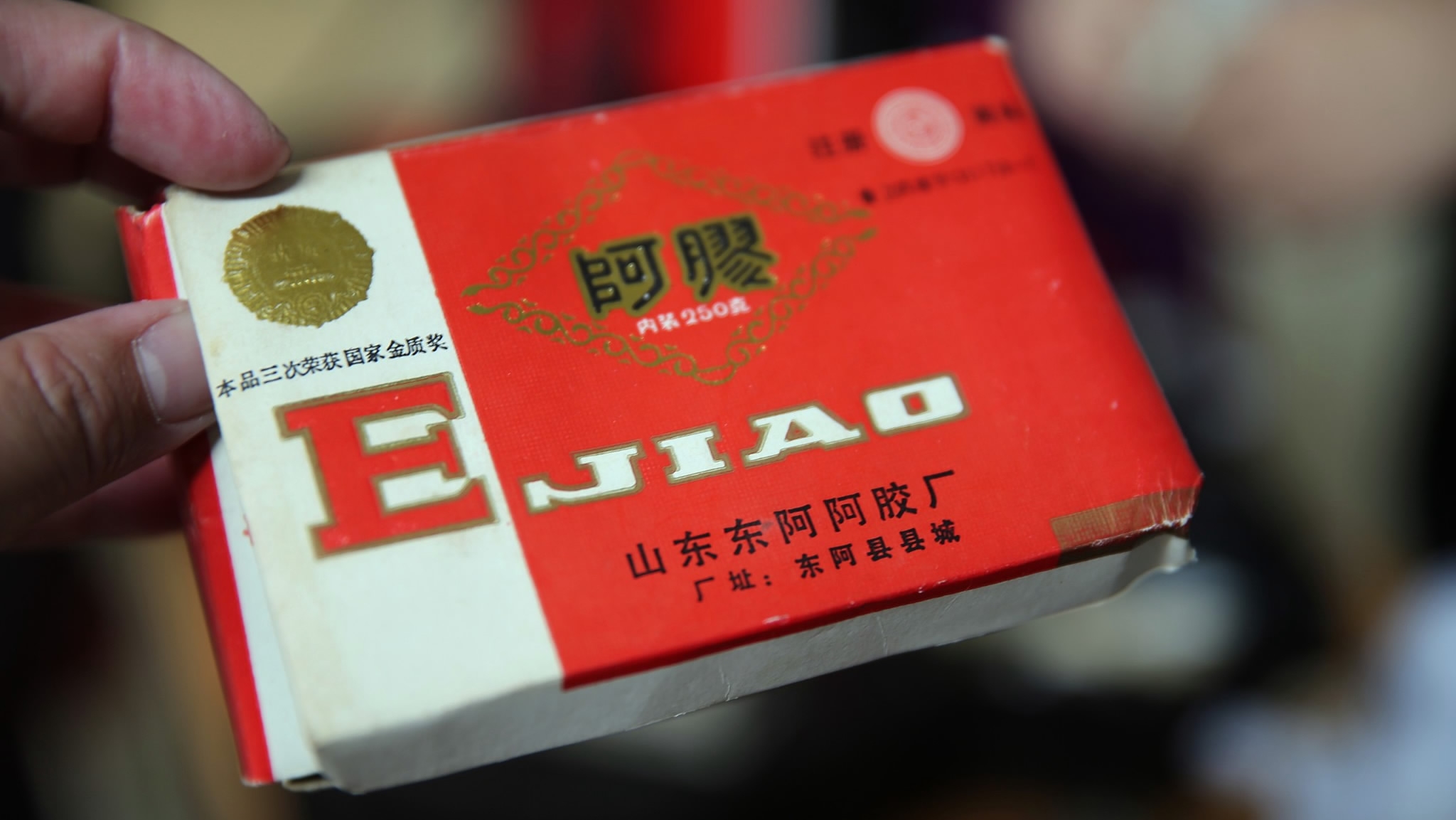
Tech & Sci
16:52, 16-Feb-2018
China plans donkey breeding to offset Africa ban of skin export
Alok Gupta

China is planning to scale up donkey breeding centers to ease its reliance on African countries.
The spiraling demand for traditional Chinese medicine made from the animal’s hide has diminished its population in many countries.
Donkey skin is boiled to procure gelatin, which is a key ingredient of the Chinese medicine “Ejiao.” The medicine is used for curing blood deficiency and dry cough.
The massive demand for medicines made from donkey hide led to a drastic population decrease from an estimated 11 million in 1990 to an estimated six million in 2014.
According to the Donkey Sanctuary’s report “Under the Skin,” China’s demand for donkey skins is up to 10 million every year, while the reported global supply is limited to just 1.8 million. To procure more skins, Chinese companies tied up with African countries to fulfill their demand.

A woman transports her belongings and a sheep on a donkey near Jidhi town of Awdal region, Somaliland April 10, 2016. /VCG Photo
A woman transports her belongings and a sheep on a donkey near Jidhi town of Awdal region, Somaliland April 10, 2016. /VCG Photo
African countries debated revenue model versus environment
Chinese companies have heavily invested in Africa to meet the booming demand for donkey hides.
Some African countries, like Kenya, Burkina Faso, Uganda, Tanzania, Botswana, Niger, Mali and Senegal are taking such measures as to ban the export of donkey hides or raise export tax to stop the animal's population from sharp decreasing, out of environmental and other concerns.
The report also pointed out that Pakistan, at an estimated 4.9 million donkeys, was an important exporter of donkey skins, exporting 200,000 between 2014 and 2016.
But concern over the animal’s population and slaughterhouses selling donkey meat as beef forced the government to ban the exports.
Breeding donkeys China likely to be profitable
After African and Asian countries imposed bans on donkey skin exports, major traditional Chinese medicine companies are planning to invest in domestic donkey breeding centers.
China’s leading manufacturer of the donkey hide extract, Dong’e E’jiao, imports more than 450,000 donkey skins annually. Liu Guangyuan, a vice president of the company, told Financial Times donkey skin prices have shot up 473 US dollars (about 3,000 yuan) apiece.
“Dong’e E’jiao has invested in breeding bases across three northern Chinese provinces, using artificial insemination and extra-large donkeys whose skins are twice as large as ordinary varieties,” said Liu.
“By 2020, our breeding demonstration bases will produce enough donkey skins to meet our basic needs.”
Thinking beyond Africa
Latin American countries are slowly becoming a potentially viable destination for donkey skin procurement.
Researchers at Donkey Skin revealed that Brazil appears to be a significant source of donkey skins, given the pre-existing export channels for cattle and beef and with a donkey population of one million.
Meanwhile, Mexican companies have started advertising about donkey skins for sale. Columbia briefly started a donkey skin trade, but was soon flooded with complaints of donkey theft. Local police even started a campaign in the Sucre region called "Guard Your Donkey."

SITEMAP
Copyright © 2018 CGTN. Beijing ICP prepared NO.16065310-3
Copyright © 2018 CGTN. Beijing ICP prepared NO.16065310-3